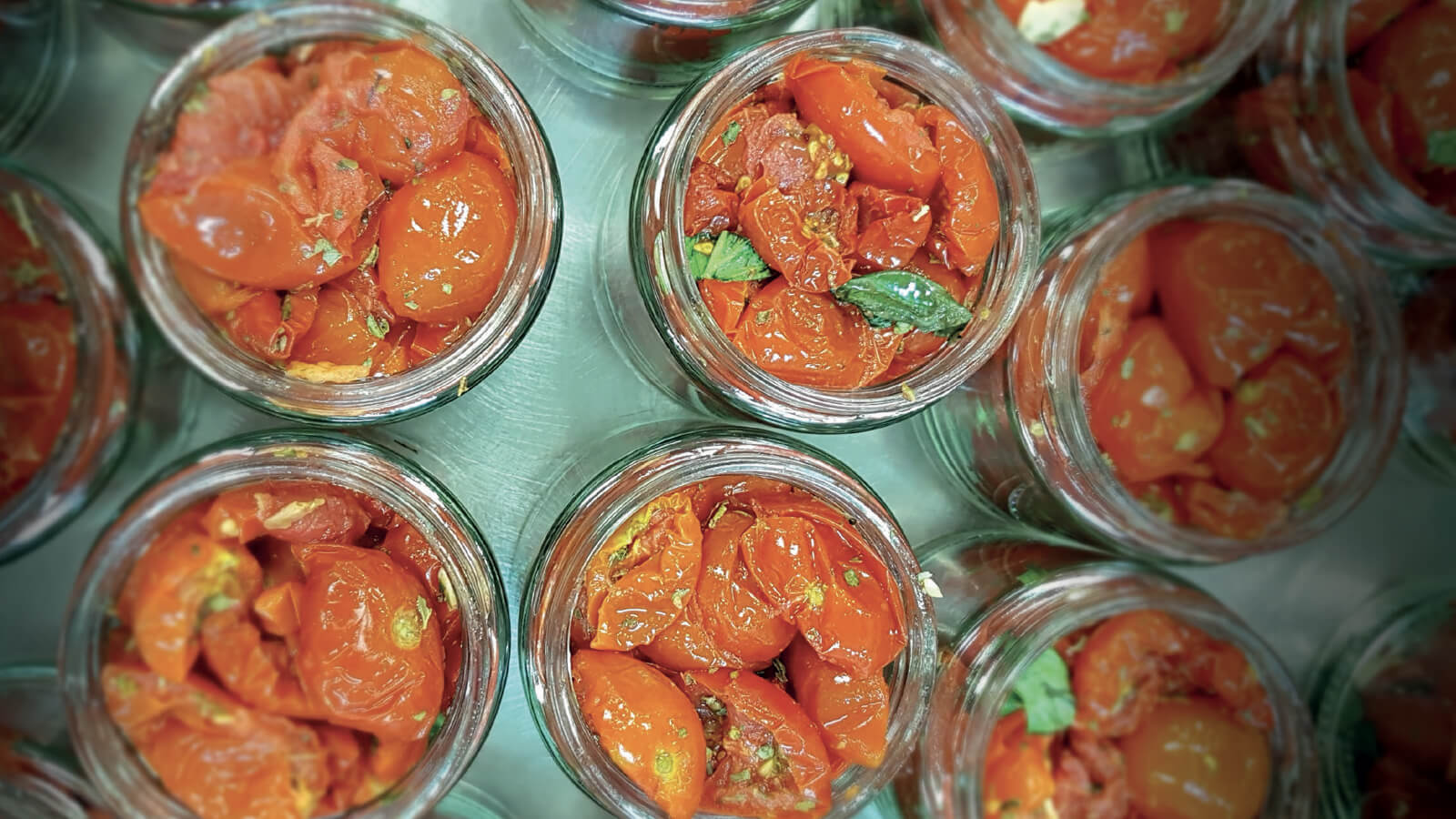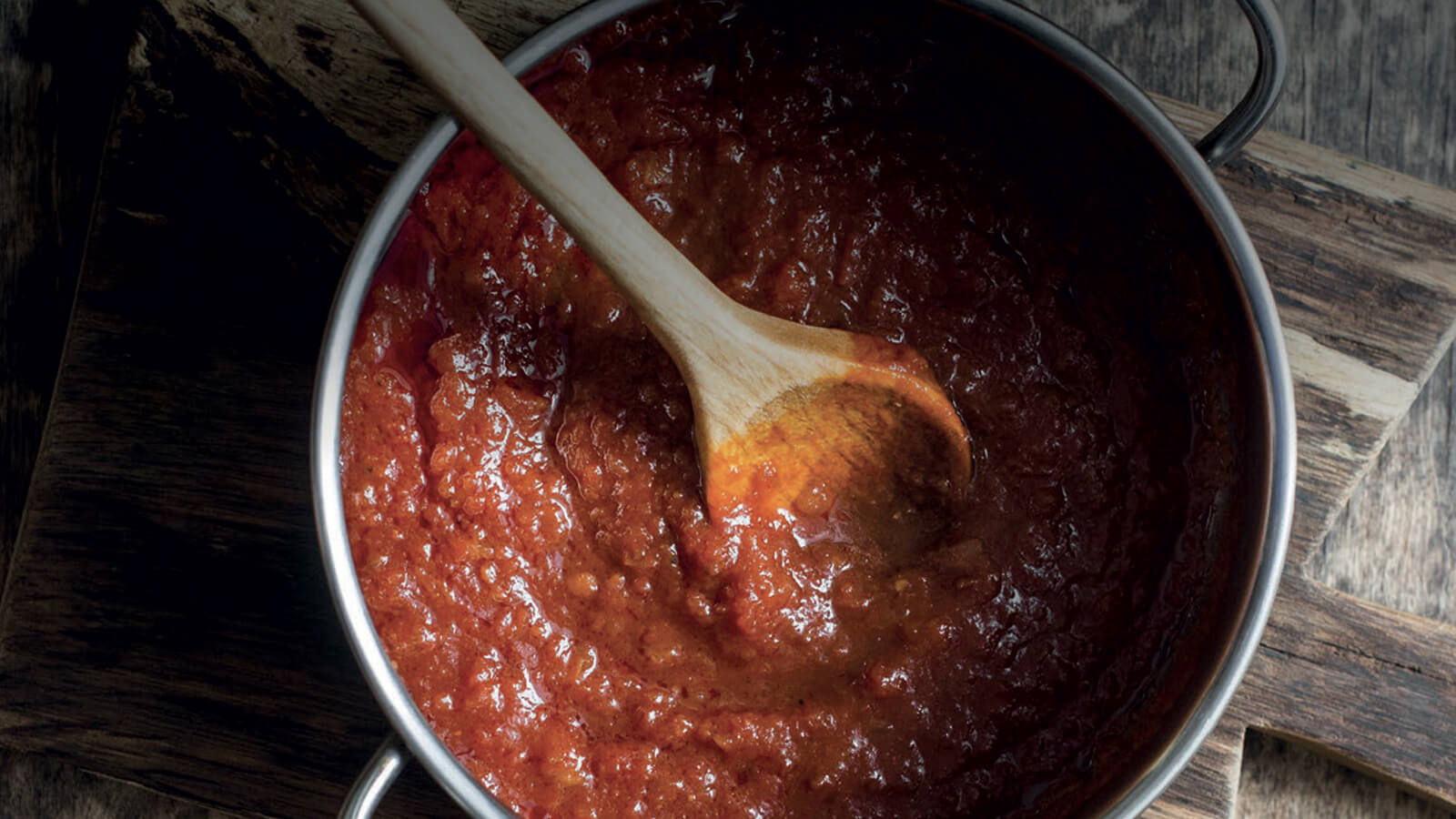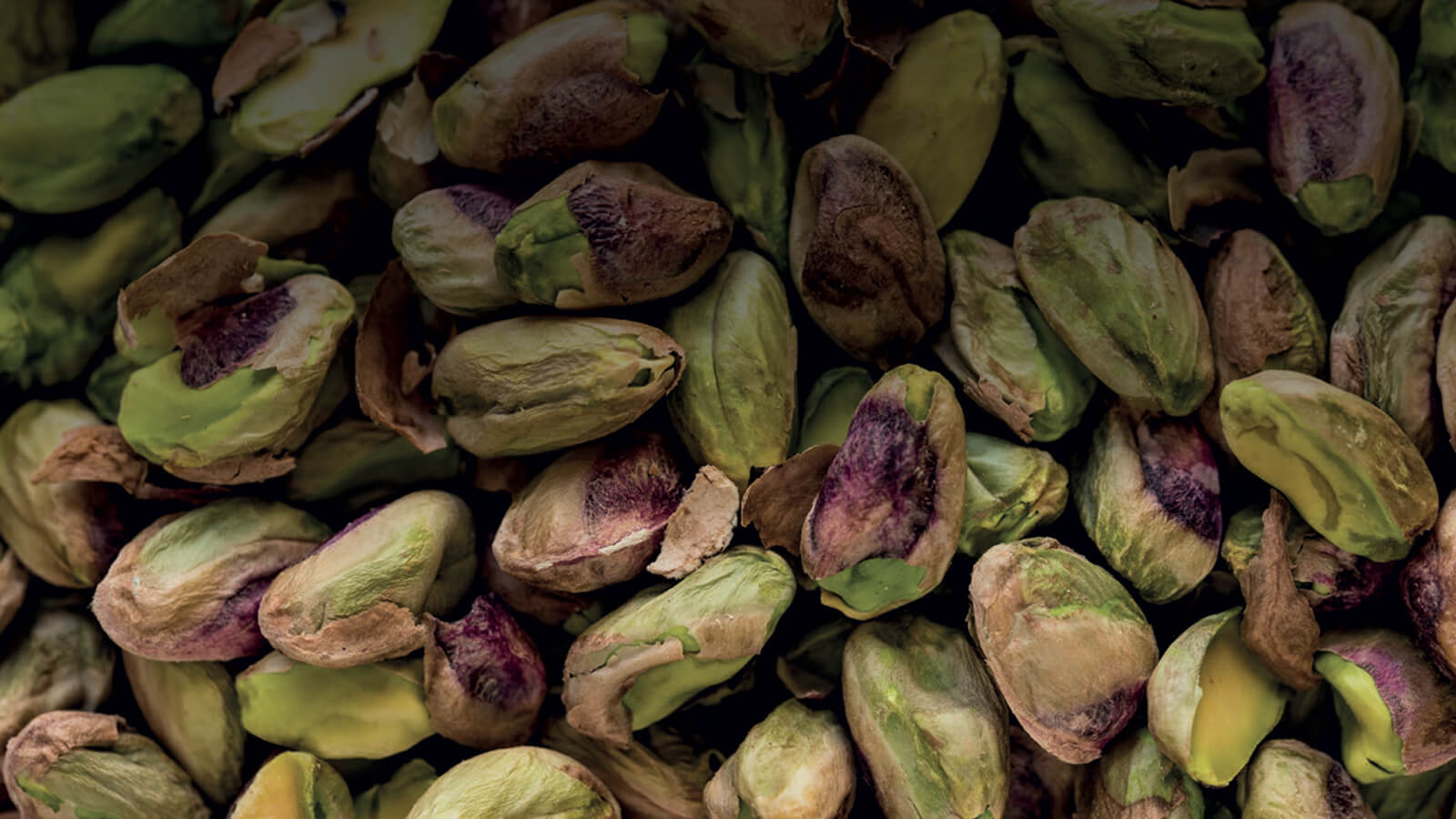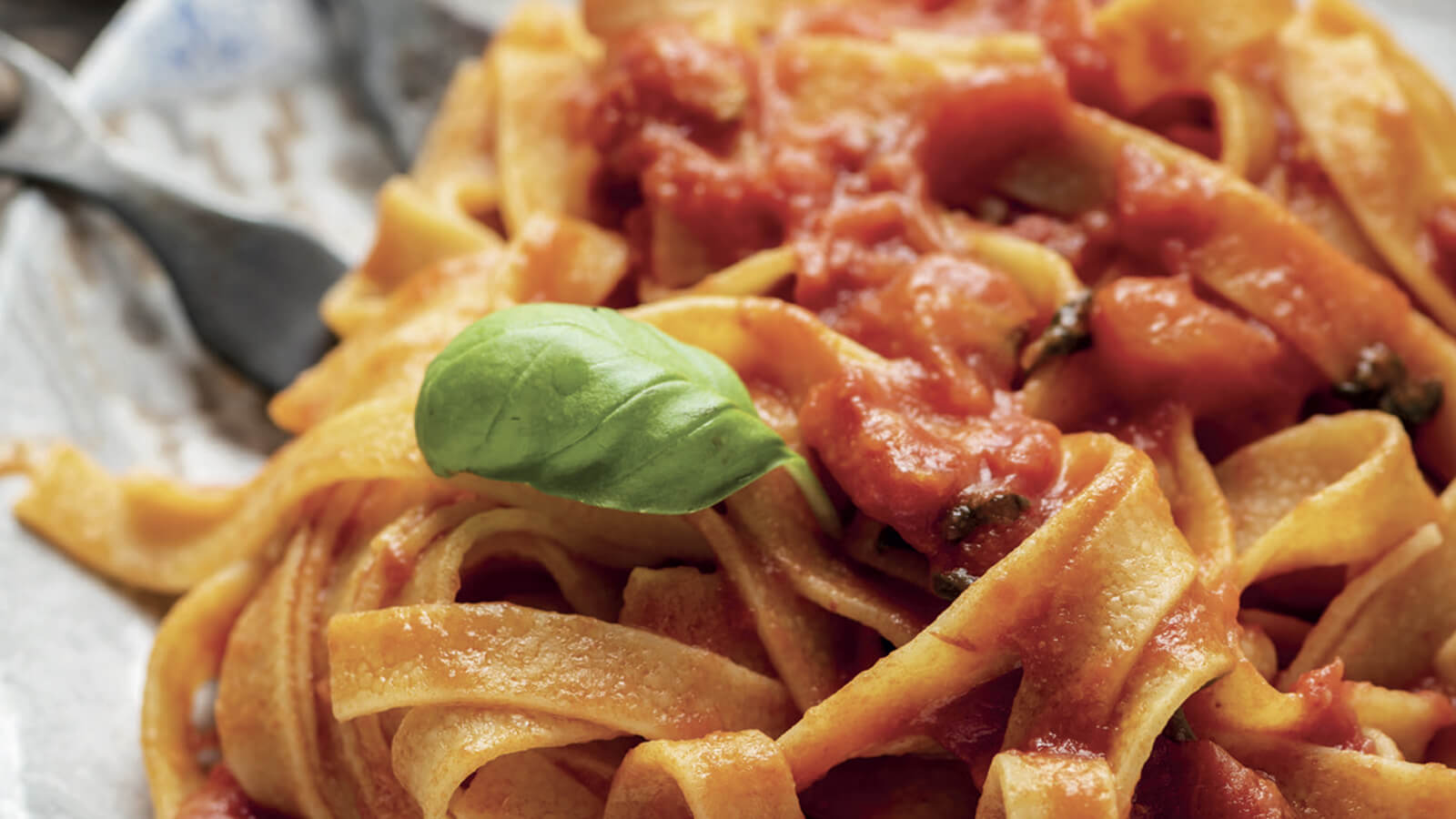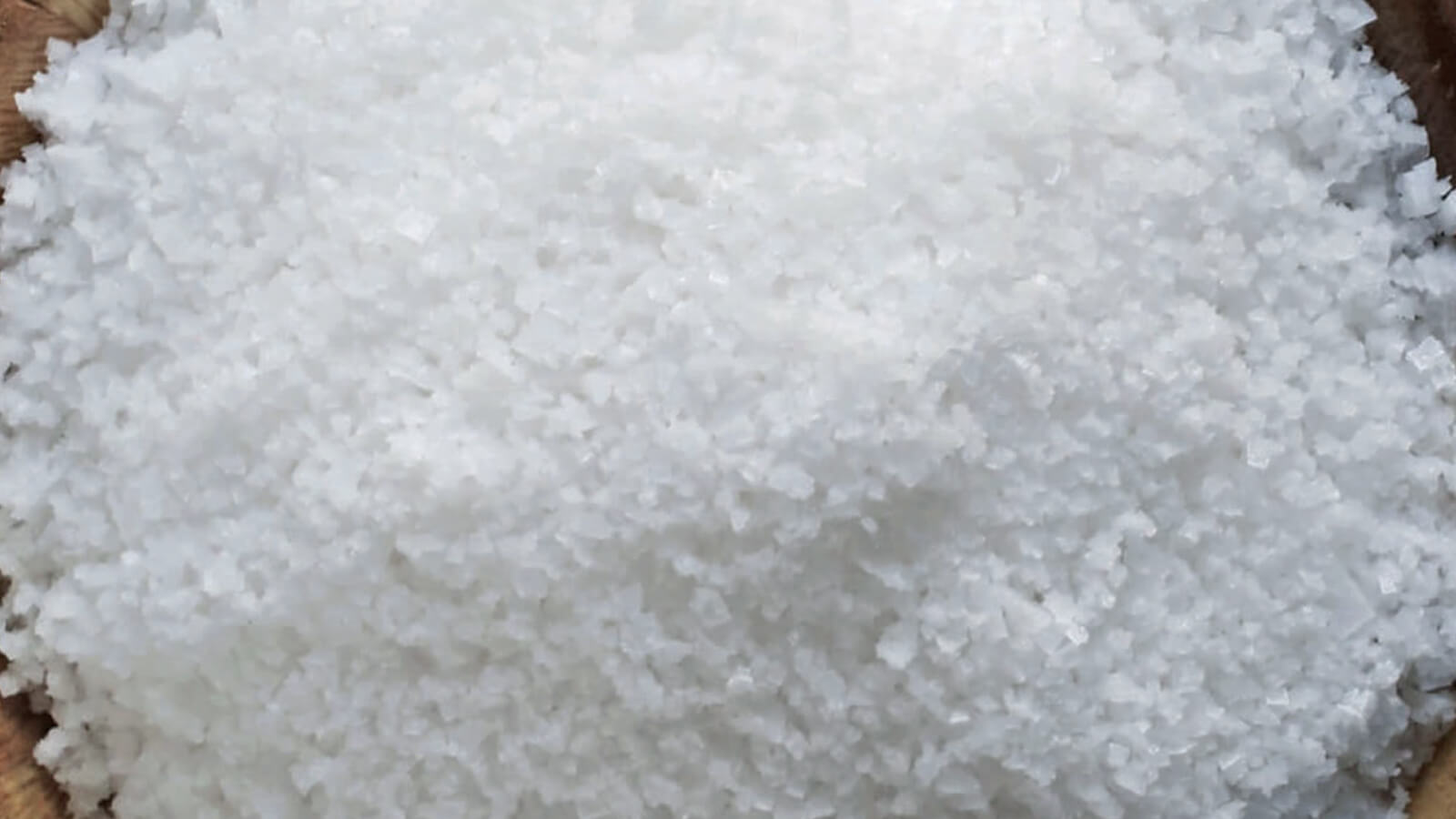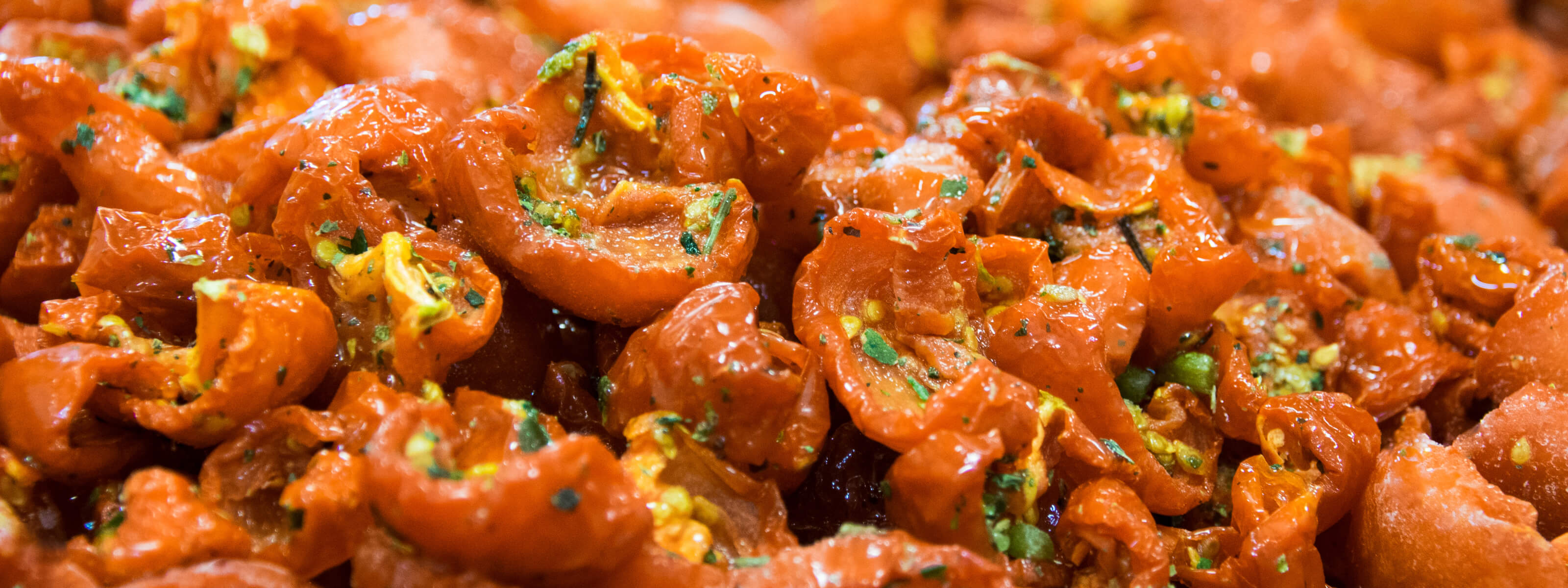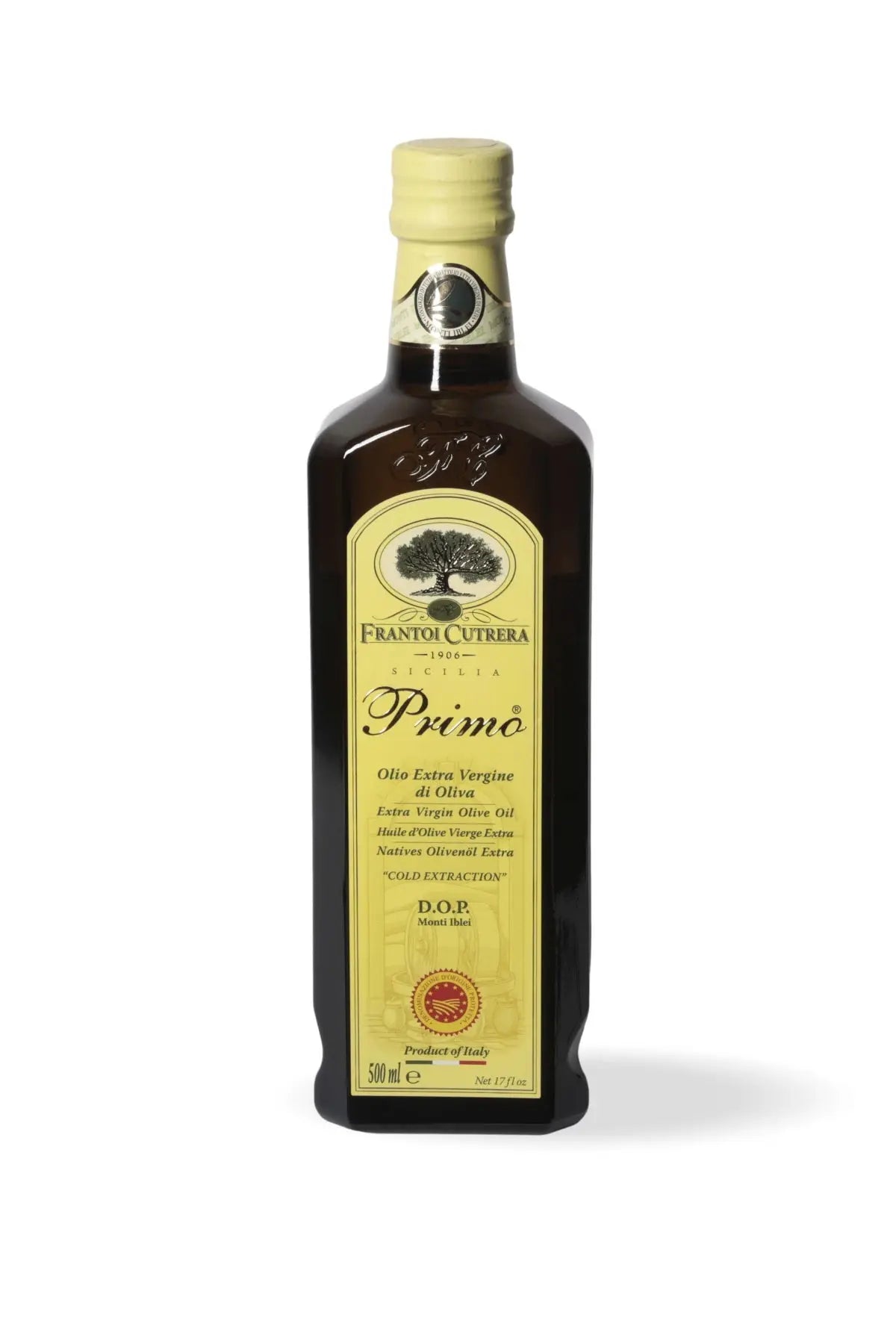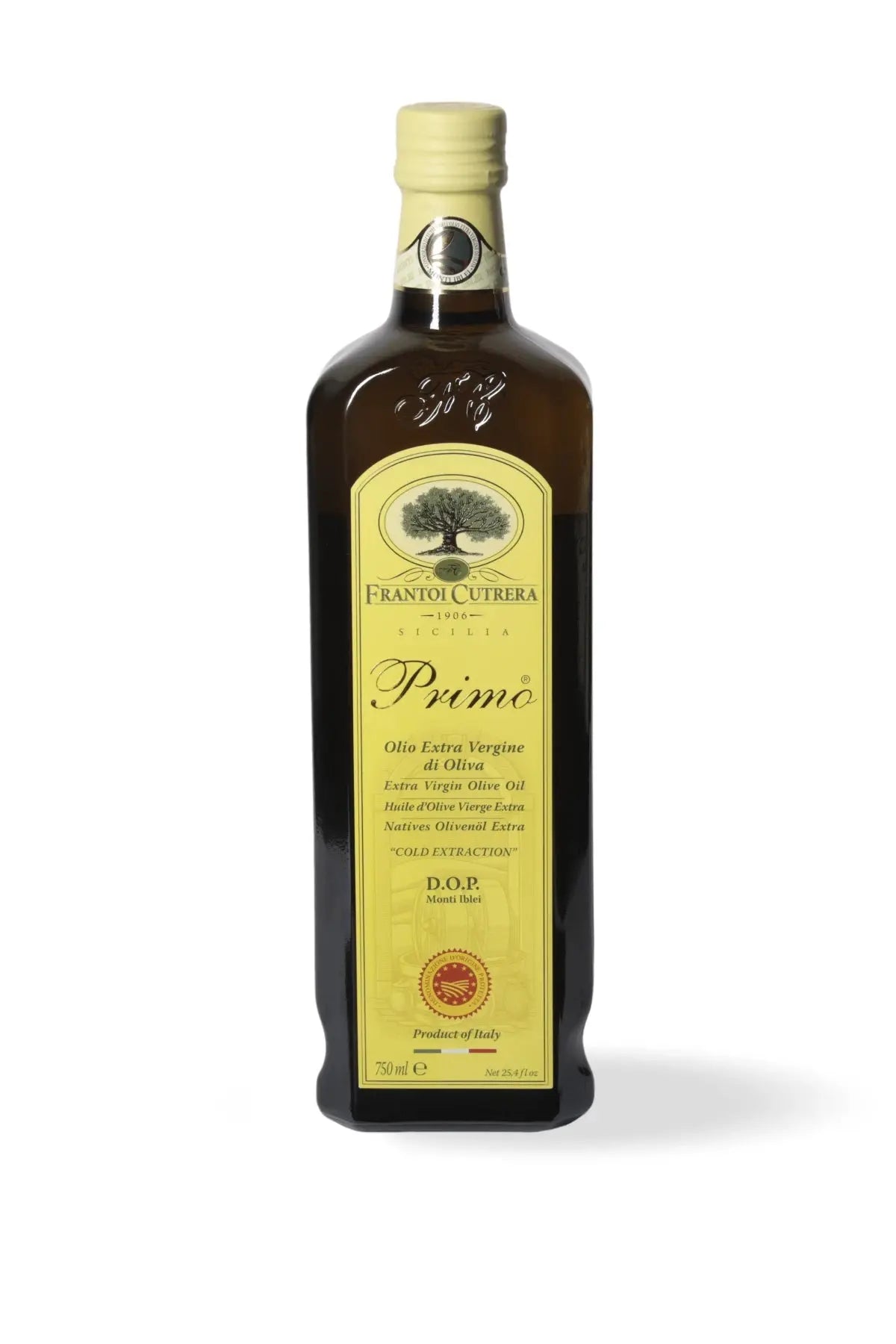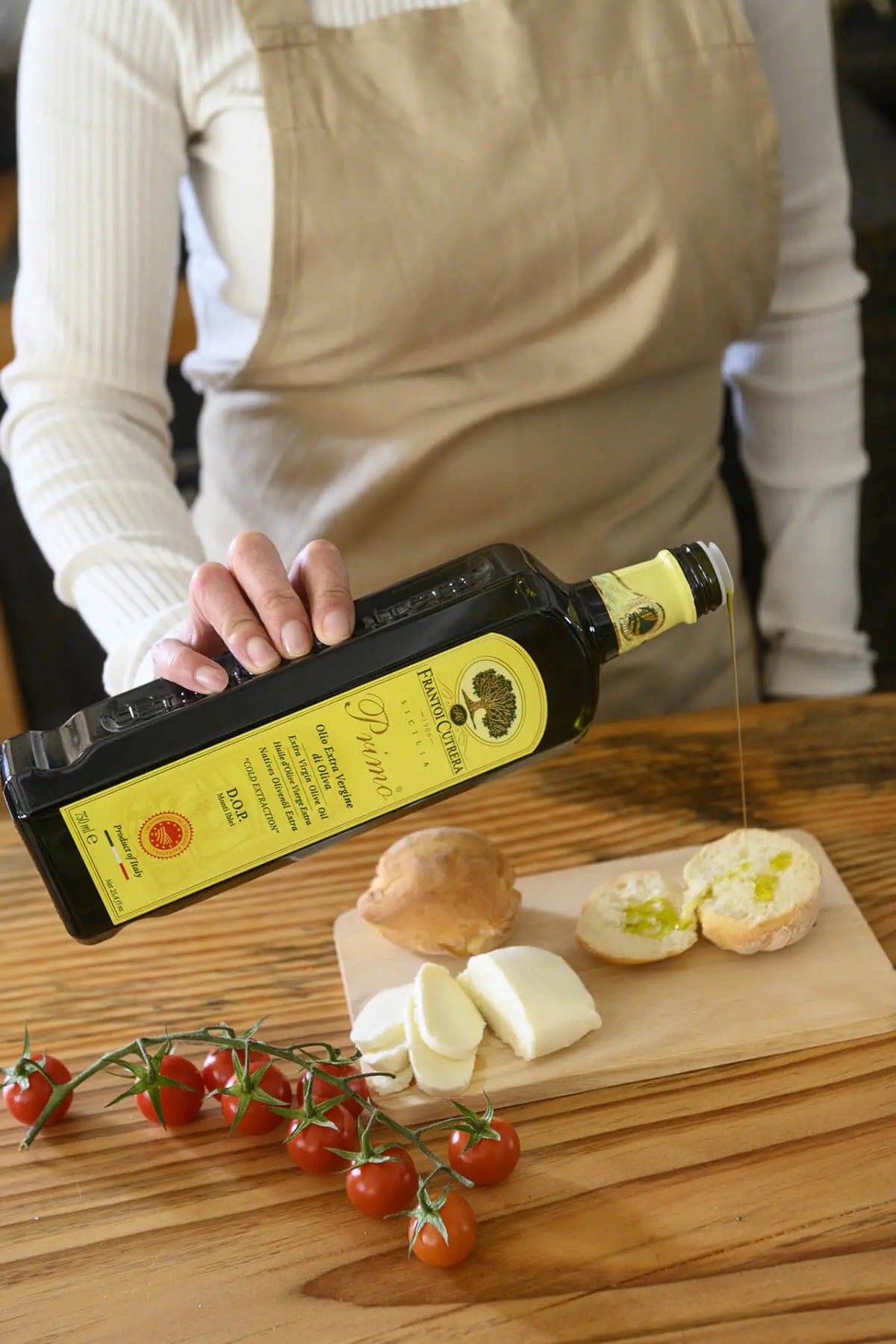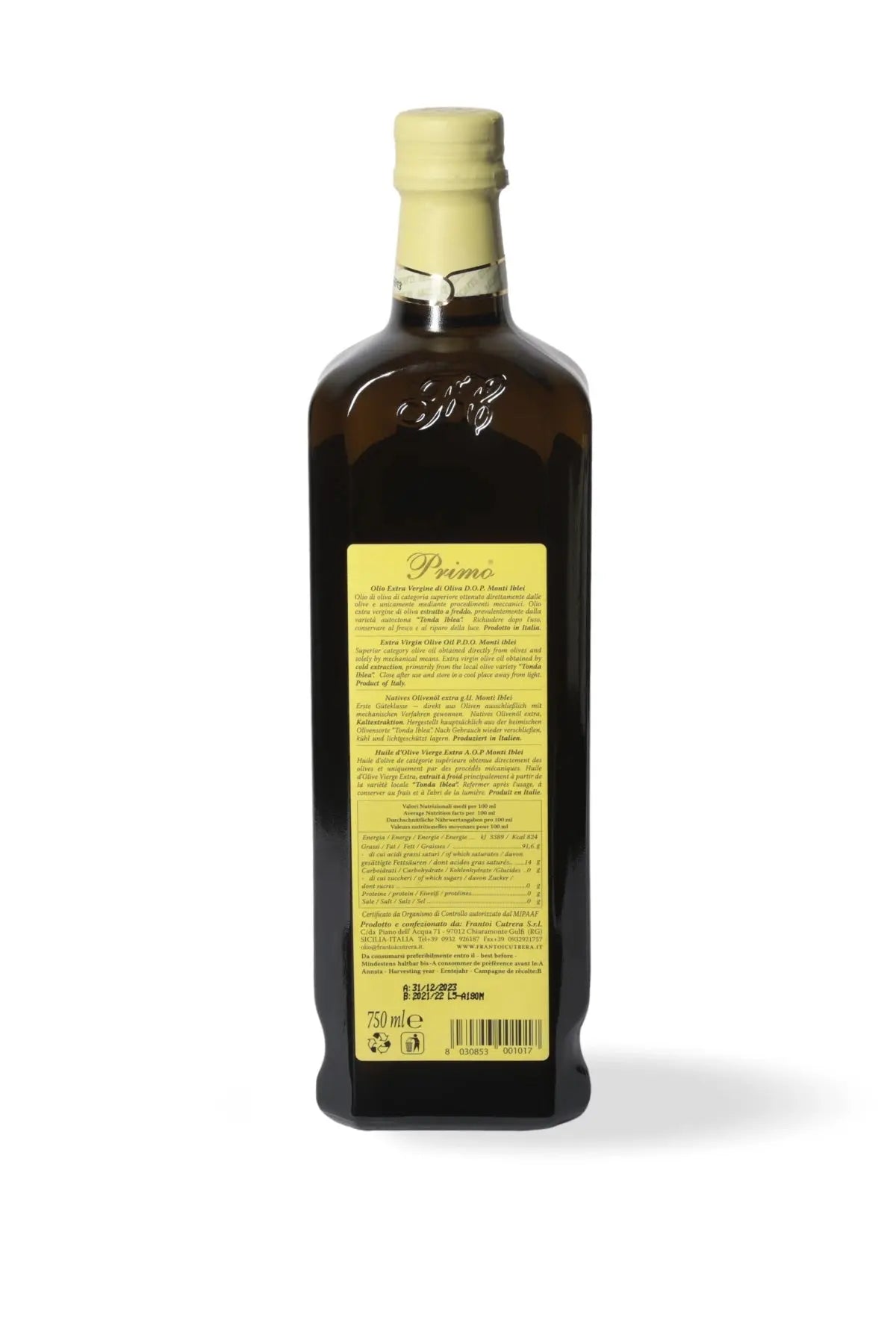
What does olive oil contain? Composition and benefits
Olive oil, especially extra virgin olive oil (EVOO), is much more than a simple condiment. It's a cornerstone of the Mediterranean diet and a true "functional food," capable of positively impacting our health. But what exactly does olive oil contain to deserve this reputation?
Behind its color and flavor lies a complex chemical composition that is the true source of its renowned benefits. In this article, we'll take a detailed look at what olive oil contains, why it's so beneficial, and how to choose the best one for your table.
-
Origin and production : Olive oil comes from extracting the juice of olives, the fruit of the olive tree. Its production takes place primarily in Mediterranean countries, where the favorable climate and traditional techniques help preserve its properties.
-
Olive Oil Varieties : There are several varieties of olive oil, each with unique characteristics in terms of flavor and nutritional profile. From the delicate extra virgin variety to the versatile virgin variety, we can choose the one that best suits our culinary preferences. If you'd like to learn more about the various technical differences between olive oil, we invite you to read our article on the subject.
-
Health benefits : Olive oil is rich in heart-healthy monounsaturated fats and antioxidants like vitamin E, which help counteract the damaging effects of free radicals. Regular consumption of olive oil is associated with a reduced risk of heart disease and inflammation.
-
Culinary Uses : Thanks to its delicate flavor and varying degrees of fruitiness, olive oil is a versatile ingredient that lends itself to a wide range of culinary preparations. From salads and fish to baking, we can take advantage of its flavorful and healthy properties.
The Chemical Composition of Olive Oil: What's Really Inside?
When we analyze olive oil, its composition is divided into two main parts: a very large fraction that defines its "fat" nature and a very small fraction that contains its health secrets.
The Saponifiable Fraction (98-99%): Fatty Acids
This is the main part of the oil, composed almost entirely of triglycerides (fats). However, not all fats are created equal. Olive oil is famous for its lipid profile:
-
Oleic Acid (55-83%): This is the undisputed king. It is a monounsaturated fat (Omega-9) known for its ability to help maintain normal blood cholesterol levels, favoring HDL ("good") at the expense of LDL ("bad").
-
Polyunsaturated Fatty Acids (e.g. Linoleic Acid - 3.5-21%): Present in smaller quantities, they are essential fats that the body cannot produce on its own.
-
Saturated Fatty Acids (e.g. Palmitic Acid - 7.5-20%): Present in a much lower percentage than unsaturated fats.
The Unsaponifiable Fraction (1-2%): The "Super-Components"
This 1-2% is what turns a fat into a "superfood." It's in this small fraction that we find the bioactive compounds responsible for the oil's most powerful benefits. The main ones are:
-
Polyphenols: These are the most important. They act as powerful antioxidants and anti-inflammatories. Two notable names are Oleuropein (responsible for the bitter taste) and Oleocanthal (which causes the typical "tingling" in the throat, with an anti-inflammatory effect similar to that of ibuprofen). In particular, our specialty Mille is one of the oils with the highest concentration of polyphenols on the market.
-
Tocopherols (Vitamin E): Another powerful antioxidant that protects cells from oxidative stress and helps the oil last longer.
-
Sterols (e.g., Beta-sitosterol): Compounds that help reduce the absorption of cholesterol in the intestine.
-
Squalene: A compound that participates in the synthesis of good cholesterol and contributes to skin health.
The nutritional benefits of olive oil
Thanks to this unique composition, EVOO does not just season, but actively participates in our health.
-
Cardiovascular Protection: The combined action of oleic acid (which balances cholesterol) and polyphenols (which protect the integrity of blood vessels) is a panacea for the heart.
-
Anti-inflammatory Power: Oleocanthal, as seen, acts as a natural anti-inflammatory, helping to reduce chronic low-grade inflammatory conditions, which are at the root of many modern diseases.
-
Counteracts Cellular Aging: Polyphenols and Vitamin E fight free radicals, the main culprits of oxidative stress and the aging of our cells.
-
Brain Support: Some studies suggest that the antioxidant compounds in EVOO may help protect brain health and preserve cognitive function.
-
Gut Health: It appears to promote the balance of the intestinal microbiota, nourishing the "good" bacteria.
The health benefits of consuming olive oil
Consuming olive oil brings numerous health benefits. Here are some of the advantages of including this precious food in your diet:
-
Rich in healthy fats: Olive oil is a rich source of monounsaturated fats, such as oleic acid, which are beneficial for heart health. These healthy fats can help reduce the risk of cardiovascular disease.
-
Antioxidants: Olive oil contains powerful antioxidants, such as vitamin E and polyphenols, which help fight oxidative stress and inflammation in the body. These compounds help protect cells from damage and support the immune system.
-
Beneficial for brain health: The antioxidants found in olive oil may have positive effects on the brain, helping to protect against neuronal degeneration and improve cognitive function.
-
Anti-inflammatory effects: Extra virgin olive oil is known for its anti-inflammatory effects, which may help reduce the risk of chronic diseases related to inflammation, such as heart disease and diabetes. Source: PubMed (NIH - National Institutes of Health)
-
Promotes skin health: Thanks to its antioxidant and anti-inflammatory properties, olive oil can help keep skin healthy and radiant, protecting it from damage caused by free radicals.
-
Regulates blood sugar levels: As also indicated in the Fondazione Veronesi article " Extra Virgin Olive Oil, Elixir of Long Life ," the latter is also a panacea for our blood vessels. Olive oil can help improve insulin sensitivity and regulate blood sugar levels, offering benefits for those suffering from diabetes or wanting to prevent this condition.
Including olive oil in our daily diet can therefore bring numerous benefits to our health, both physically and mentally.
Olive oil as part of a balanced diet
We believe olive oil is an essential component of a balanced diet. Here's why:
-
Healthy fatty acids: Olive oil is rich in monounsaturated fats, which are beneficial for our heart health. These fats can help reduce bad cholesterol in the blood.
-
Antioxidants: Olive oil contains important antioxidants that help fight oxidative stress in our body and protect our cells from damage.
-
Vitamins: It is a source of fat-soluble vitamins such as vitamin E, which play a fundamental role in maintaining our health.
-
Anti-inflammatory properties: Olive oil is known for its anti-inflammatory properties that can help reduce inflammation in our bodies.
-
Brain Health Benefits: Some research suggests that olive oil may have positive effects on the brain and long-term memory.
Alternative uses of olive oil
Not only can we enjoy the benefits of olive oil through our diet, but we can also exploit its properties in many ways. Here are some alternative uses we can explore:
- Skin Hydration : Mixing olive oil with sugar or salt will create an effective natural scrub to exfoliate and hydrate the skin.
- Makeup Removal : Olive oil can be an effective natural makeup remover, gentle on the skin and capable of removing stubborn makeup.
- Hair Conditioner : Apply olive oil to your hair, leave it on for a while, and then rinse. It will make your hair soft, shiny, and hydrated.
- Natural lubricant : When you don't have lubricant at home, you can use olive oil on hinges, hinges, or small tools to make them slide better.
- Plant Protection : Adding a few drops of olive oil to your plant water helps protect them from pests and insects.
- Nail Care : Regularly massaging your cuticles with olive oil will keep them moisturized and healthy.
- Remove gum or sticker residue : Olive oil can help remove chewing gum residue from children's hair or stubborn sticker residue from smooth surfaces.
Exploiting olive oil in these alternative ways not only allows us to benefit from its beneficial properties in different contexts, but also offers us natural and sustainable solutions for many daily needs.
Virgin olive oil vs. extra virgin olive oil: what's the difference?
We often hear about virgin and extra virgin olive oil, but what's the difference between the two? Here's what you need to know:
-
Production process: Virgin olive oil is obtained through mechanical processes, without the use of chemical solvents. Extra virgin olive oil, on the other hand, is produced with high-quality olives and without sensory defects, making it of superior quality.
-
Acidity: Virgin olive oil has a maximum acidity of 2%, while extra virgin has a maximum acidity of 0.8%. This indicates greater freshness and purity in the extra virgin oil.
-
Taste and aroma: Extra virgin olive oil has a richer and more intense flavor than virgin olive oil. Its aroma is fruitier and offers greater sensory complexity.
-
Culinary uses: Both oils can be used in cooking, but extra virgin olive oil is often preferred for raw dressings, such as in salads or finished dishes, while virgin olive oil can also be used for cooking at higher temperatures.
In short, the main difference between virgin and extra virgin olive oil lies in the quality of the olives used and the production process, which gives extra virgin oil a more intense flavor and aroma.
Tips for buying and storing olive oil
Here are some helpful tips to ensure optimal purchase and storage of olive oil:
-
Choose high-quality extra virgin olive oil: Opt for extra virgin olive oil produced locally or from regions renowned for their olive quality. Check for DOP (Protected Designation of Origin) or IGP (Protected Geographical Indication) certification to guarantee its authenticity. If you're looking for top-quality DOP or IGP oils, you can find them in our shop .
-
Prefer dark, glass bottles: Olive oil is sensitive to light and oxidation. Choose dark glass bottles to protect it from direct light and store it in a cool, dark place. Alternatively, tins can also be a simple and eco-friendly option.
-
Check the expiration date and origin: Be sure to check the expiration date on the label and choose recently packaged oils. Knowing the oil's provenance will allow you to assess its quality.
-
Store correctly: Once opened, store olive oil in a cool, dark place, preferably in a cabinet with a constant temperature. Avoid exposing it to heat and intense light to preserve its properties.
-
Use glass or stainless steel containers: If you transfer the oil to another container, opt for dark glass or stainless steel containers, which do not react with the oil and maintain its freshness.
-
Avoid exposure to air: Always close the bottle tightly after use to prevent air from compromising the quality of the oil.
By following these tips, you can fully enjoy the benefits and flavor of olive oil for a very long time.
Healthy recipes with olive oil
We love using olive oil in many of our recipes for added flavor and health benefits. Here are some ideas for incorporating this precious oil into your daily cooking:
-
Quinoa Salad: Make a delicious quinoa salad with fresh vegetables and drizzle with a light vinaigrette made with extra virgin olive oil.
-
Garlic Bruschetta: Toast slices of whole-wheat bread and rub them with fresh garlic. Add a drizzle of olive oil, diced cherry tomatoes , and a sprinkling of fresh basil.
-
Pasta with Pesto: Make a fresh pesto with basil, garlic, pine nuts, and olive oil. Serve this delicious pesto over al dente pasta.
-
Grilled Vegetables: Marinate thinly sliced fresh vegetables in olive oil, garlic, and herbs, then grill them for a tasty and healthy side dish.
-
Grilled Salmon: Brush fresh salmon fillets with olive oil and spices, then grill them for a light, Omega-3-rich dinner.
Incorporating olive oil into your daily recipes not only enhances the flavor of your dishes, but also provides numerous health benefits thanks to its antioxidant and anti-inflammatory properties.
Organic vs. Non-Organic Olive Oil: Which Should You Choose?
When choosing between organic and non-organic olive oil, it's important to consider several factors that can influence your decision. Here are some key points to keep in mind:
-
Cultivation method : Organic olive oil is produced from olives grown without the use of pesticides, herbicides, or synthetic fertilizers. In contrast, conventional olive groves may use synthetic chemicals to protect the trees. By opting for organic varieties, you favor a more environmentally friendly cultivation method.
-
Health : Organic olive oil tends to be richer in antioxidants than its non-organic counterpart, as organic farming practices promote biodiversity and preserve soil quality. Antioxidants are known for their health benefits, as they help fight free radicals in our bodies.
-
Flavor and quality : Many consumers find organic olive oil to have a more intense and authentic flavor than non-organic olive oil. This can be attributed to the extra care given to the plants during the organic cultivation process.
-
Environmental Impact : By choosing organic olive oil, you help support sustainable agricultural practices that respect natural ecosystems and promote biodiversity.
Ultimately, choosing between organic and non-organic olive oil depends on your personal preferences and your priorities regarding the environment, health, and flavor. While both options offer the benefits of olive oil, opting for the organic version could mean a more sustainable and healthy choice. If you're looking for an organic extra virgin olive oil, you can find an award-winning one in our shop by clicking here .
Beyond the Kitchen: Alternative Uses for Olive Oil
The oil's emollient and antioxidant properties make it a versatile ingredient for personal care, just as the ancients did.
-
Skin Moisturizer: A few drops can soften dry skin.
-
Natural Makeup Remover: It is effective for removing even waterproof makeup.
-
Hair Pack: Nourishes dry, damaged hair. If you'd like to learn more, you can read our article on the subject.
-
Nail Care: Massaged into the cuticles, it softens them.
Final thoughts on olive oil
In conclusion, olive oil is a real treasure when it comes to its health benefits. Us We have carefully examined some of the most important components of this extraordinary food and we discovered It's rich in antioxidants, healthy fatty acids, and anti-inflammatory compounds. These elements work together to protect our bodies from heart disease, inflammation, and premature aging.
- Antioxidants present in olive oil help fight oxidative stress in cells, preventing damage and reducing the risk of chronic diseases.
- Monounsaturated fatty acids , such as oleic acid, play a key role in improving heart health and reducing bad cholesterol in the blood.
- Anti-inflammatory compounds present in olive oil help reduce inflammation in the body, playing a key role in the prevention of diseases such as arthritis and obesity.
Rich in essential nutrients and delicious in flavor, olive oil is a valuable addition to our daily diet. Try replacing other sources of less healthy fats with olive oil in your recipes for an extra boost of health. Enjoy your meal and stay healthy with Frantoi Cutrera olive oil!
Share



















